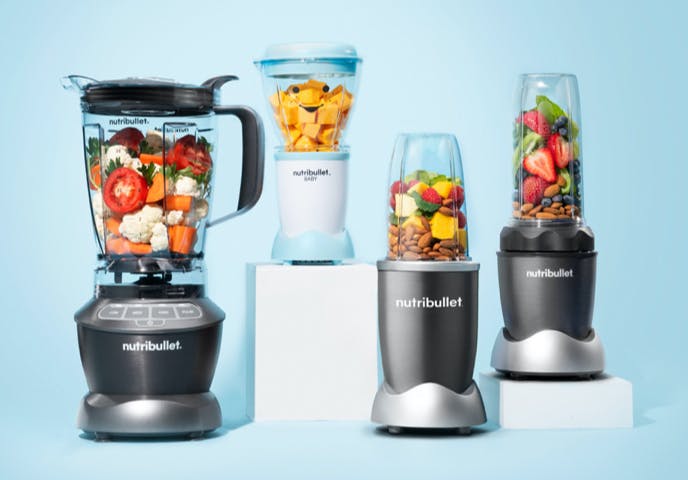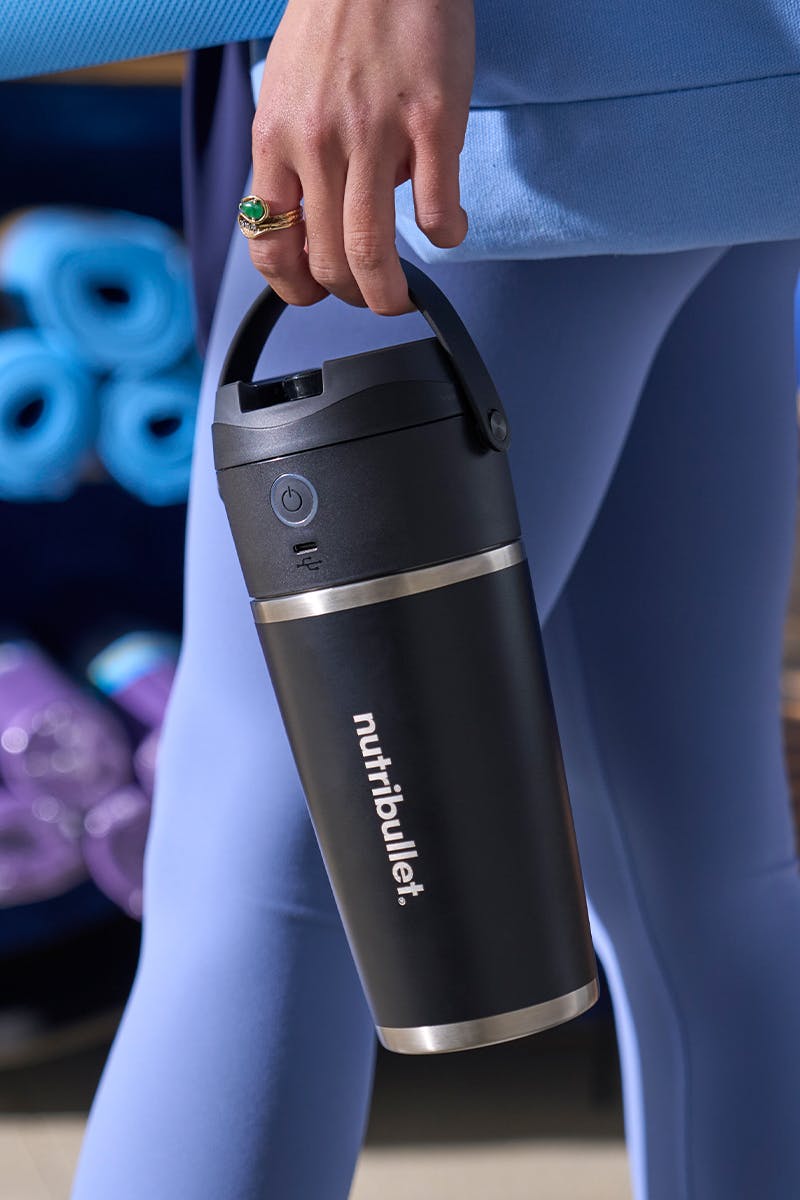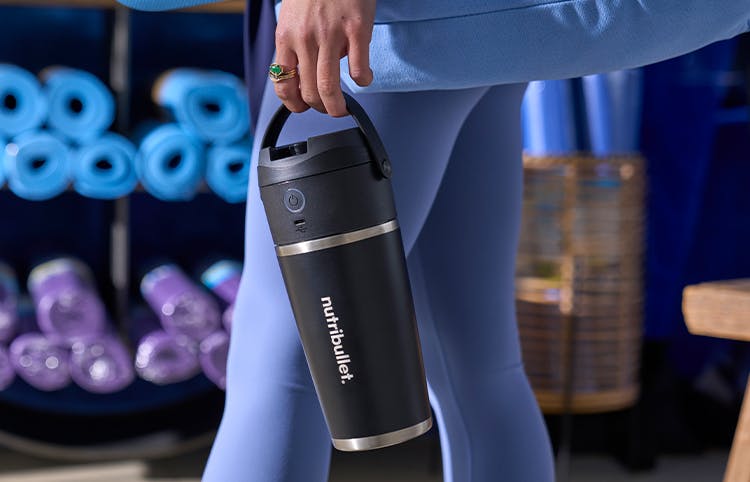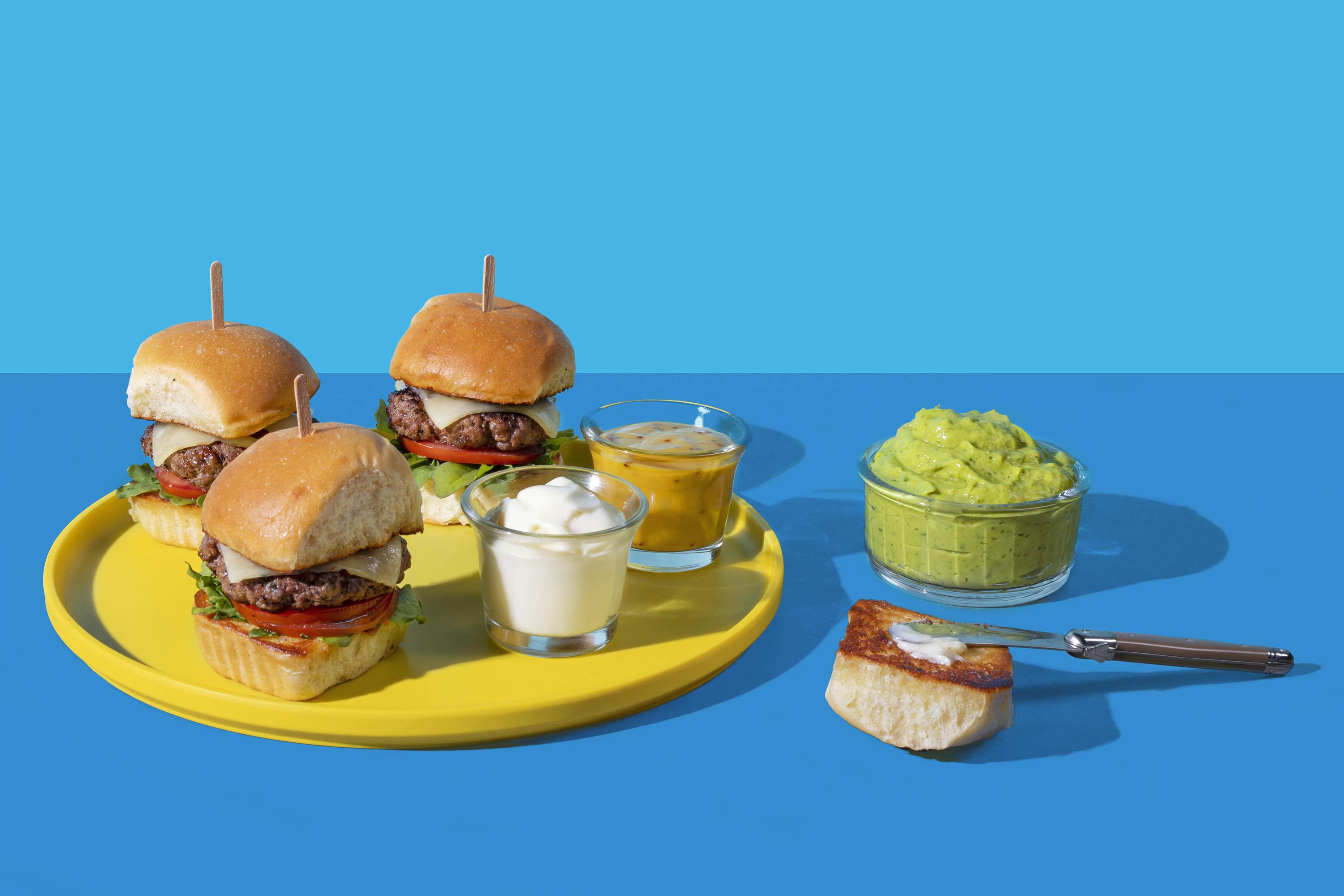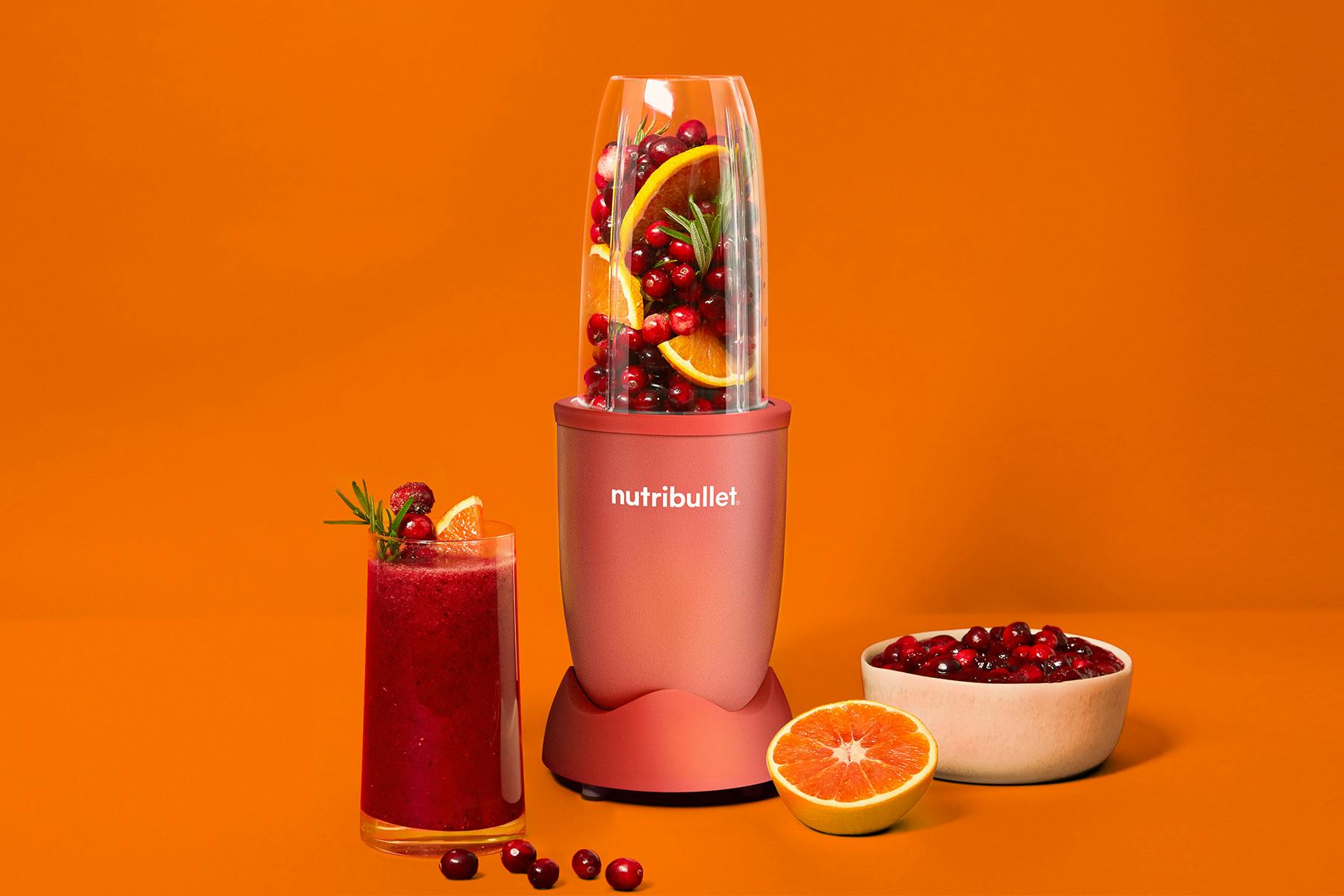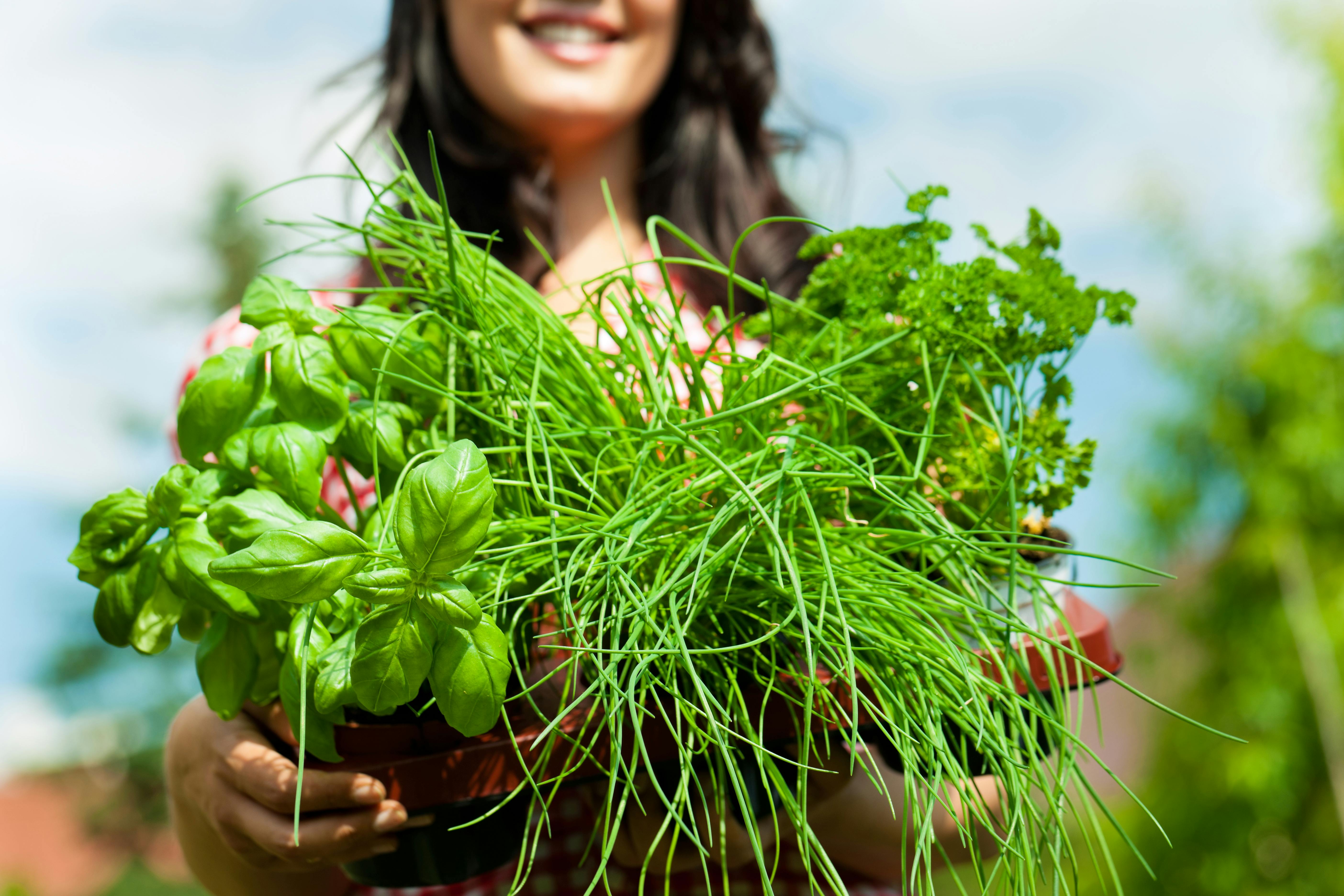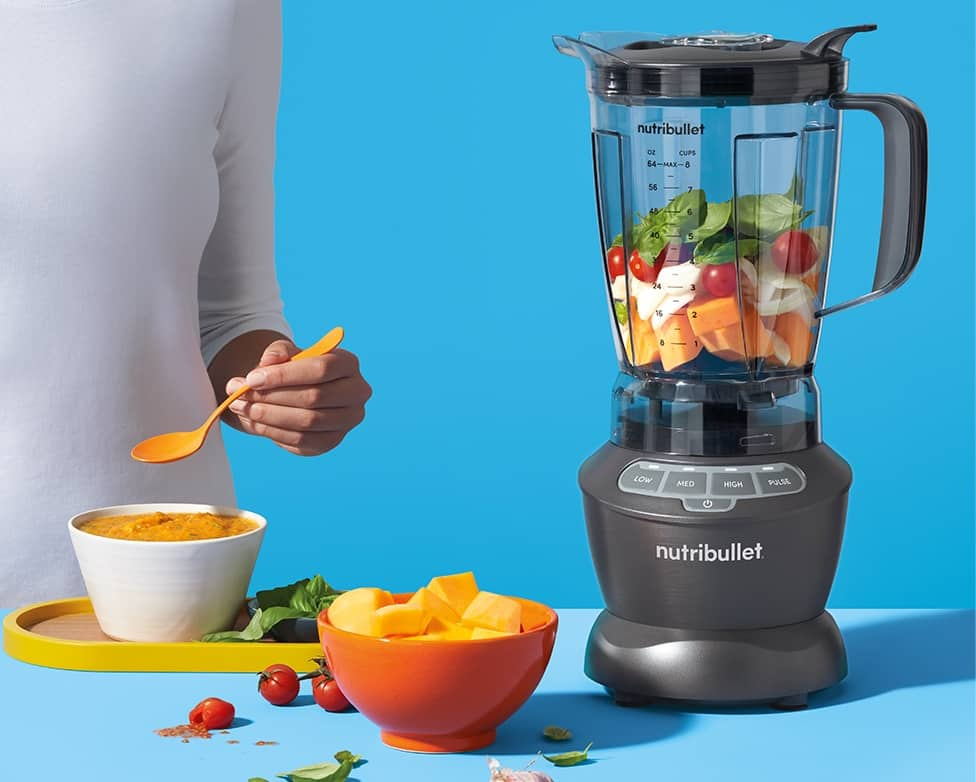Traditionally, when you eat beans or lentils, you eat rice, too. This classic combination in the culinary world is no accident. Grains and legumes are paired together because your body needs specific amino acids.
This is another great example of the Principle of Uniqueness – your body is unique – as it will vary for each person and each type of protein consumed. All proteins stay in your system for a certain amount of time. It can range from 30 minutes, 2 hours, 4 hours, or more based on what foods are consumed. The fiber, density of food, enzymes, and how we digest the food all factor into this window of time.
Rather than focusing on the amount of protein that we eat, it’s important to focus on the quality of the protein. The quality of protein is dependent on the presence of nine different amino acids—foods with all nine amino acids present are considered complete proteins. Though a food does not have to contain all nine to be a good source of protein, some plant-based proteins are often combined to make a complete protein. Examples include beans and rice, whole wheat bread and peanut butter, hummus (chickpeas and tahini), and pasta and peas.
A complete protein that is also fermented makes it much more usable by the body. That means this protein will nourish your cells and heal your gut, unlike most proteins. In addition to nourishing your body, it will be much less taxing on your system.
Which Vegan Proteins are Complete?
Amino acids are the smaller building blocks of proteins. A complete protein means you’ve got all of your essential amino acids in just the right amounts. Unfortunately, complete proteins in the plant kingdom are hard to come by. Which is why the grain-legume combo works so well — because they fill in each other’s nutritional gaps.
There are a few plant proteins that are complete. These include the grain-like seeds:
- Amaranth
- Buckwheat
- Quinoa
Unlike common grains, these seeds contain very little storage proteins (otherwise known as prolamin proteins), which can be toxic to those with celiac disease.
Rebuild Your Gut and Lose Weight
Besides protein, grain-like seeds are uncommonly rich in vitamins, minerals, and fiber. For example:
- Quinoa is an excellent source of folate, a nutrient that can run low in those who follow a plant-based diet.
- Quinoa and amaranth are good sources of calcium, which is especially important if you’ve removed dairy while your intestinal tract heals.
Mushrooms — like Reishi and Agaricus — are notoriously good at stimulating the immune system, assisting in fighting tumors, and reducing inflammation.
However, a recent study revealed that there may be even more reasons to include medicinal mushrooms in your diet — they nourish a healthy inner ecosystem, while helping you to shed excess weight. John Young at Rockefeller University explains:
“Although the link between obesity and the gut microbiota is well established, our work is among the first to show that a traditional Chinese medicine can be used as a prebiotic to lose weight.”
Besides encouraging weight loss, prebiotic mushrooms like Reishi also reverse the damage of a devastated inner ecosystem, strengthen your intestinal barrier, and reduce metabolic markers linked to leaky gut.










